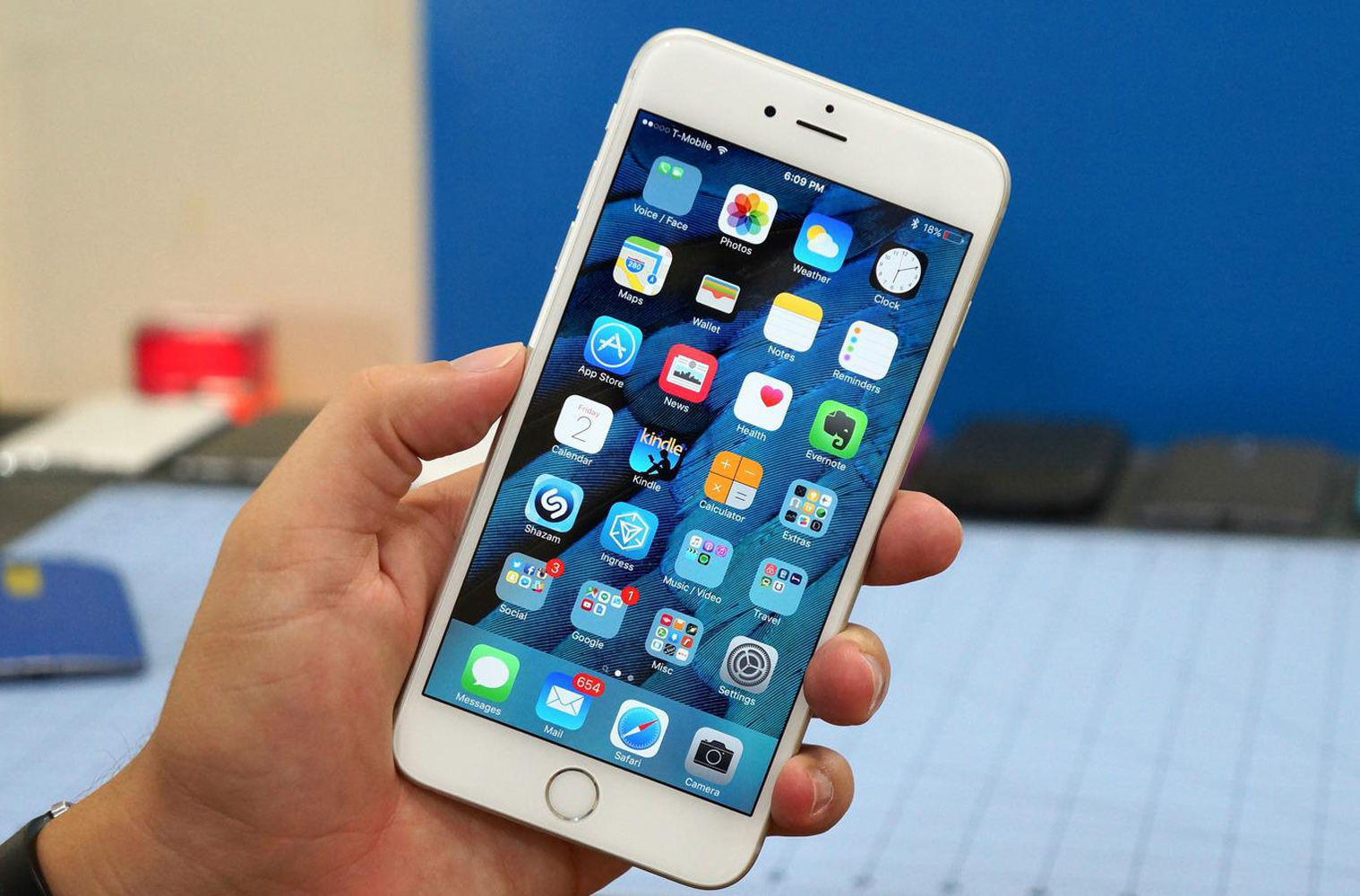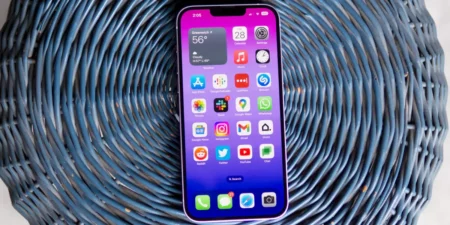The legal battle between Apple and Qualcomm continues to heat up. In a new patent infringement claim, Apple is saying that Qualcomm is using its patented technology in the Snapdragon processors. Qualcomm is alleged to be infringing on eight battery life patents. More specifically, Apple singles out the Snapdragon 800 and Snapdragon 820 processors. These claims were first reported by Reuters.
The Snapdragon 800 and 820 aren’t the newest processors Qualcomm is offering, but they are part of the company’s processor lineup and have been powering high-end phones for some time now. Apple’s patents cover technologies that help a processor draw as little power as possible and allow a processor to quickly and efficiently increase and decrease power usage.
These new claims are the latest strike Apple is bringing against Qualcomm after made patent infringement claims over the summer against the iPhone maker. Qualcomm has stated that Apple violated six of its own patents which also have to do with battery life, and is trying to get the iPhone banned as a result of these infringements.
Apple is filing these new patent infringement claims to get Qualcomm’s own patent claims dismissed. The iPhone maker states that it filed for battery life patents long before Qualcomm went through with its own battery life patents, and further states that Qualcomm’s infringement claims appear “to be a blatant effort to take credit for the innovation of others.” Apple has also come out to say that Qualcomm selectively gained patents that covered technologies that are insight Apple products “much like a common patent troll.”
These small patent disputes are minimal compared to what the two companies are already fighting about. The dispute between the two companies kicked off earlier this year when Apple began filing lawsuits against Qualcomm around the globe because it accused Qualcomm of abusing its market presence and position to charge unreasonable prices for LTE modems. Qualcomm denied these charges and then countersued Apple for withholding payments, sharing proprietary code, and violating patents.





